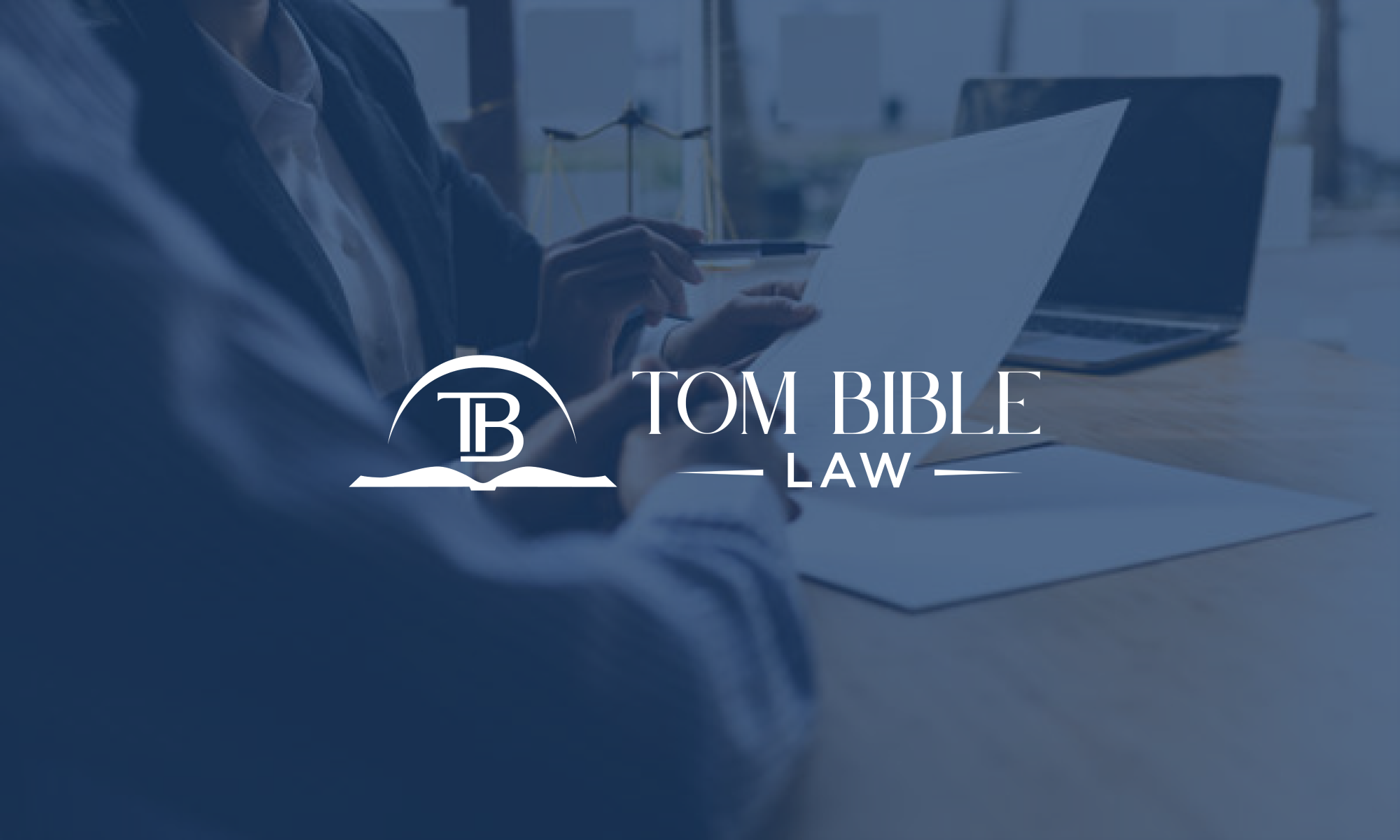You may have heard that student loans are the one type of loan you cannot file bankruptcy for. However, this may not be true in all cases. Certain circumstances with certain student loans may allow you to discharge your student loans through bankruptcy. Consider contacting a Chattanooga bankruptcy lawyer to find out more.
Can Student Loans Be Discharged in Bankruptcy?
You might be able to file for student loan bankruptcy under certain circumstances. Federal student loans can be discharged with bankruptcy after filing an adversary proceeding in court. This filing requests a discharge for your federal student loans due to undue hardship.
In other words, it is possible in some cases to have student loans discharged with bankruptcy, but only when certain conditions are met. The most important condition to prove is undue hardship. The adversary proceeding will determine this in bankruptcy court.
If this proceeding is successful on your end, then all or part of your student loans can be discharged. This means you will not have to pay any more money at all, or you will pay a lower monthly amount. Other outcomes may include a lower interest rate or a new repayment plan that better matches your financial situation.
The steps for student loan bankruptcy involve filing a petition for an adversary proceeding. There are samples online to give you an idea of what this petition looks like. Consider requesting legal advice from a lawyer with experience or knowledge in discharging student loans with bankruptcy.
Filing for Chapter 13 bankruptcy might be another option. Chapter 13 bankruptcy does not completely discharge student loans but does reorganize the debt. This may allow you to pay off other debt under Chapter 13 bankruptcy while delaying student loan payments for a later time. The other possibility is a judge letting you pay student loans at a more manageable level under this bankruptcy plan.
Eligibility Criteria for Discharging Student Loans
You might be wondering what the undue hardship criteria are for student loan bankruptcy. The eligibility is often based on the Brunner test to prove undue hardship. This includes present circumstances, future circumstances, and good faith.
Present circumstances assess whether you can maintain the cost of living if you are required to pay student loans. Future circumstances determine whether this same difficulty will apply in your future. Good faith examines whether you have made past efforts to pay your student loans but have come to the same financial dilemma.
Unfortunately, private student loans may not be able to be discharged. In some cases, pressure from a bankruptcy lawsuit can convince private student loan lenders to discharge student loan debt or agree to a settlement. Talk to a lawyer to find out more.
Contact Tom Bible Law Today
Do not panic if you are falling behind on student loan payments. Feel free to call us at Tom Bible Law at 423-874-6628 for a consultation today to explore your financial options related to bankruptcy. Our legal team of Tennessee Bankruptcy Attorneys is ready to help you find out whether you can discharge your loans through bankruptcy. We serve clients throughout the Tennessee cities of Chattanooga and Tullahoma.


